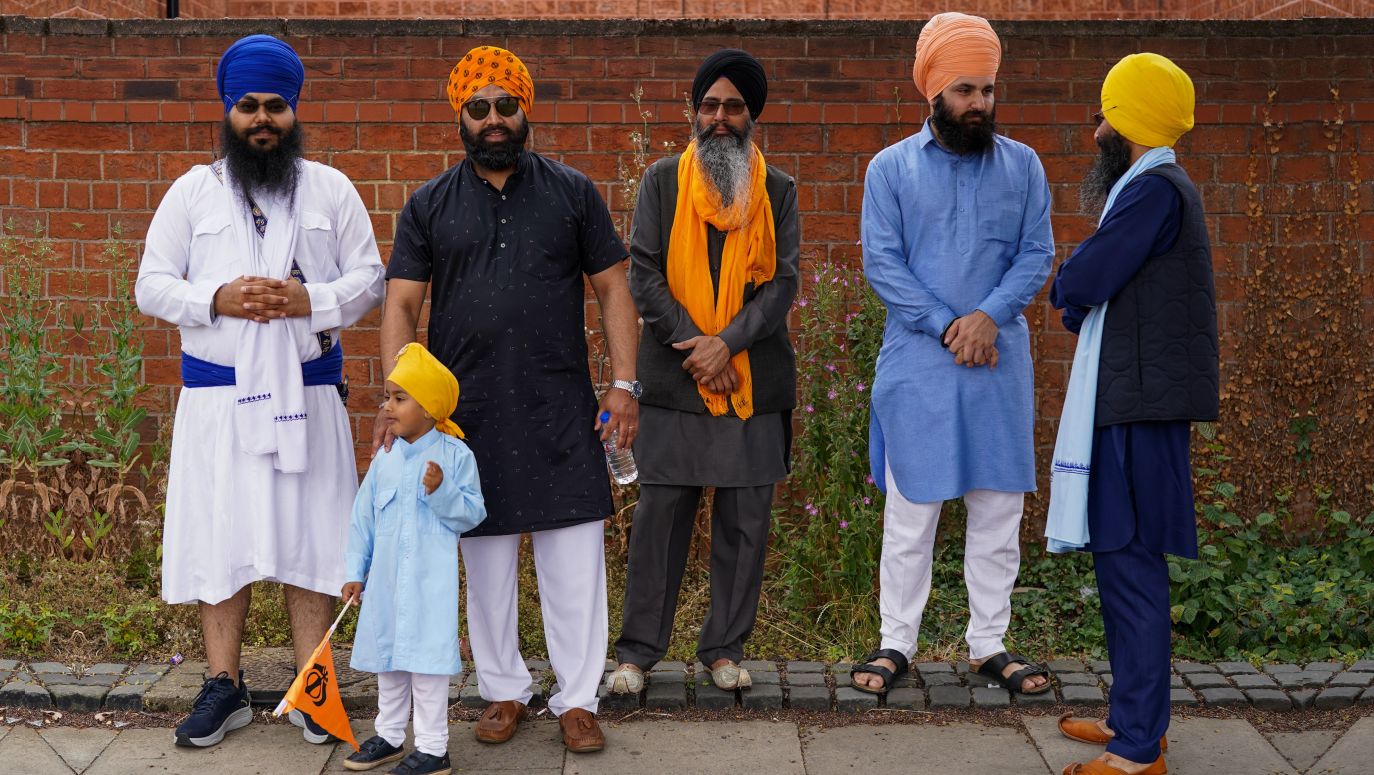For the middle class, it is just a form of tradition, a sense of identity and belonging that does not translate into everyday ways of life. Of course, there are also more traditional families. However, in general, the Indian community is very open. Mixed marriages are proof of this. In my family, a British woman with strong Polish roots married an Indian man born in Coventry. In this case, his Hindu background only manifested itself in the fact that they had two weddings, a Hindu one and an Anglican one.
 SIGN UP TO OUR PAGE
SIGN UP TO OUR PAGE 
The “Indian identity” can resonate very strongly, even among people who were born in Great Britain, when there is an India-England cricket match, or India is playing against Pakistan. During such events, walking through the neighbourhoods inhabited by such communities, you can see who identifies with whom.
How do ideological divisions run among Indians in England?
Sympathies are spread more or less equally, between the Conservative Party and the Labour Party. But ideological divisions, religion, or ethnicity play less of a role than material status. The Tories are traditionally a middle-class party. If someone identifies with this class, they vote Conservative, even if their family comes from the Indian subcontinent. In contrast, Poles in the UK vote Tory, even though sometimes their social status would suggest different sympathies, but they do so because of their values.
Do other ethnic and national minorities integrate as well in the UK as Indians?
I once wrote a research paper on the involvement of ethnic minorities in UK society and on minority crime. The Indian community has integrated itself very deeply into the UK. Its representatives are willing to serve in the police, military, public administration, and judiciary. The figure is higher than that found in the African community, for example.
Does this stem from the fact that India is part of the British Commonwealth? >
Definitely yes. If you go to India or northern Pakistan, you can see a strong British influence there. This is particularly relevant in India, whose political system could be considered a constitutional continuity of the colonial system. The administration is similar to the British, and the judiciary is based on British precedents.
Neither India nor Pakistan has succeeded in banishing the English language from public administration. Laws and regulations are written not only in the national languages but also in English. The move to the UK is not, especially for Indians, a culture shock.
This can also be observed in the business world. Indian magnate Lakshmi Mittal has taken over all the steel mills in the UK. He was one of the sponsors of the 2012 London Olympics. A reminder of his involvement is the Mittal Tower, a monument in the Olympic village.
Has this been achieved thanks to the Labour Party, which has always supported the integration of immigrants?
Not necessarily. Labour also discussed tightening immigration policies when the influx of outsiders hit impoverished working-class communities. Immigration started to increase when there was unemployment in Britain. Britain only became a rich country when Margaret Thatcher was Prime Minister. Before that, Britain was spoken of as the ‘sick man of Europe’. There were very serious ethnic and racial conflicts associated with the skinhead movement.
In 1958, race riots broke out in London's Notting Hill.
Yes. When you read or listen to the memoirs of Polish wartime immigrants, you can see that after the war they were not treated very well by the British. They were met with aggression and the English used to peel off patches with the word “Poland” written on them from people they had previously bought beers for. The Brits used to say, “You already have a homeland. Go back.”
The Labour Party reached out to this white radicalised electorate. There was also the far right, which was trying to win support for itself, but fortunately, the British political system managed to keep its representatives out of Westminster.


 SIGN UP TO OUR PAGE
SIGN UP TO OUR PAGE 




